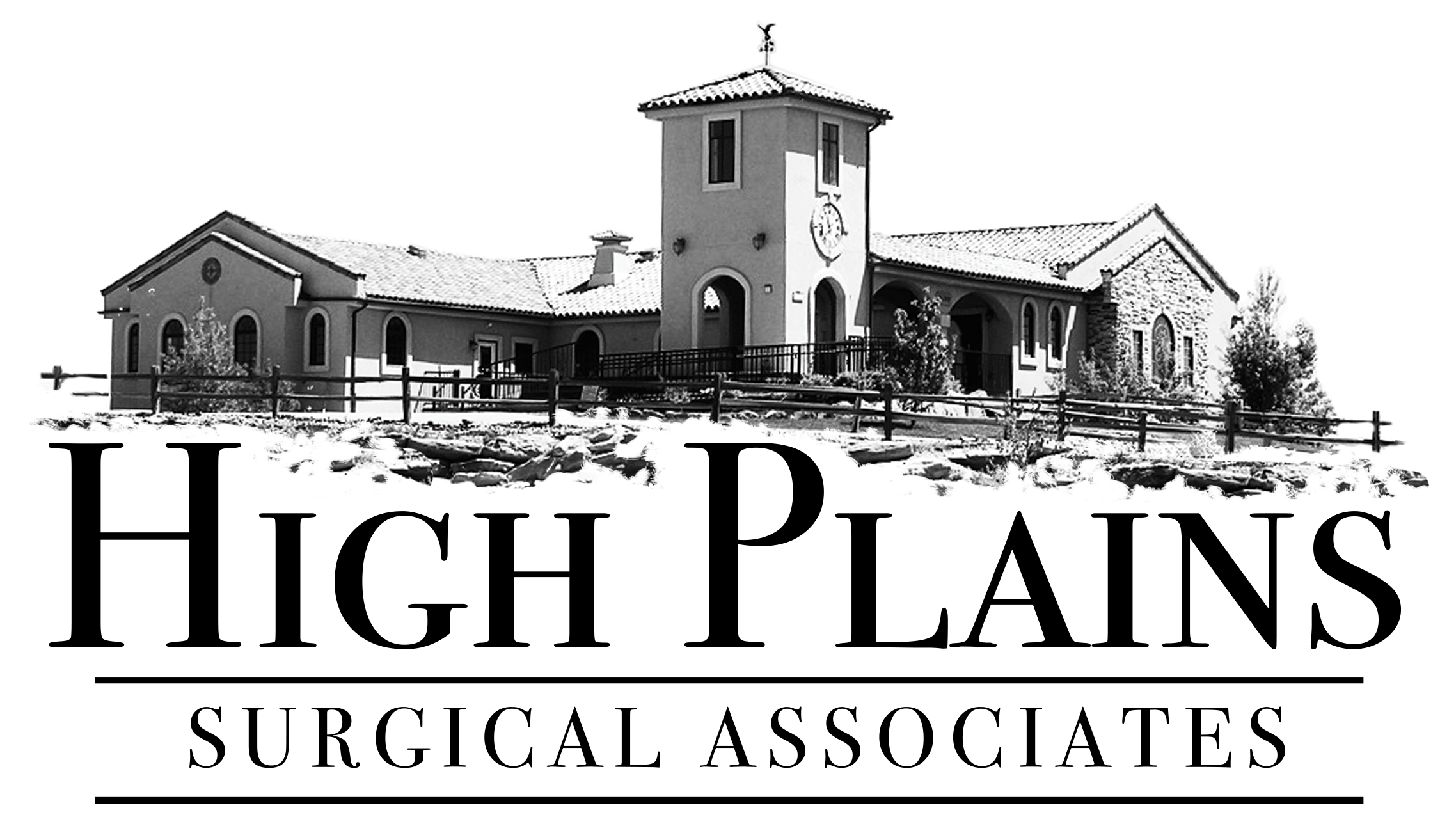Intestinal
Your intestines are made up of your small intestine and large intestine (also known as your colon). Many disorders may be associated with either or both of your small and large intestines. These disorders could be transient or even progress to a significant problem if not looked into appropriately.
Intestinal/ Bowel Obstruction
A bowel or intestinal obstruction can happen when either of your intestines (small or large) gets partly or completely blocked. This blockage may prevent food, fluids, and gases from frequently moving through the intestines and could even cause recurrent severe pain.
Causes
The primary reasons for an intestinal or bowel blockage are:
Scar tissue (adhesions)
Hernias
Tumors (cancer)
Inflammatory bowel disease such as Crohn’s Disease (can twist or narrow your intestines)
Major Symptoms of a Blocked Bowel or Intestine
Cramping and belly pain usually around or below the belly button
Vomiting
Bloating and a large, hard belly
Constipation
Lack of gas release
Diarrhea (due to a partly blocked intestine)
You should call your doctor right away if the pain is severe and constant. It may also mean that your intestine’s blood supply is cut off or that it has a hole in it.
Ileus
Ileus is the medical term given to the lack of movement in your intestines. This leads to a buildup or blockage of food material. It can lead again to an intestinal blockage and without any form of bowel obstruction treatment it can perforate or tear your intestine. If you want to know whether or not you have Ileus, look out for any gastrointestinal symptoms. You'll notice that your stomach and intestines will start filling up with gas that you can’t pass resulting in a tight and swollen appearance.
Irritable Bowel Syndrome – Are You A Victim?
Lots of gas or bloating
Harder or looser stools than normal
A belly that sticks out
Symptoms include:
Diarrhea
Constipation
Constipation alternating with diarrhea
Stomach pains or cramps
When Should You See A Doctor?
It becomes critical to approach a doctor if you see a persistent change in your bowel habits or if you notice any more severe conditions, such as symptoms of colon cancer which includes but isn't limited to:
Rectal bleeding
Abdominal pain usually progressing or occurring at night
Weight loss
Afraid you might have Intestinal Cancer?
Your small intestine or small bowel is located between your stomach and colon. Its primary function is to digest and absorb nutrients in the food. It easily becomes prone to cancerous or malignant tumors that have the potential to invade your bowel walls. Symptoms of Small Bowel Cancer include:
Weight loss
Iron deficiency (anemia)
Visible blood loss
Jaundice
Nausea
Bloating
Loss of appetite
Fatigue
Should You Consider Surgery?
Your intestines are very long so doctors at High Plains Surgical Associates would suggest you to forego a part of them if need be. You can indeed live a long and healthy life without a portion of it while facing just a minor effect on your digestive process.
Dr. Sara Hartsaw (General Surgeon and owner of High Plains Surgical Associates) has been working relentlessly to provide the citizens of Gillette, Wyoming with the leading surgical services since 1994. Get in touch with our compassionate medical expert and surgeon that offers life changing experiences.



